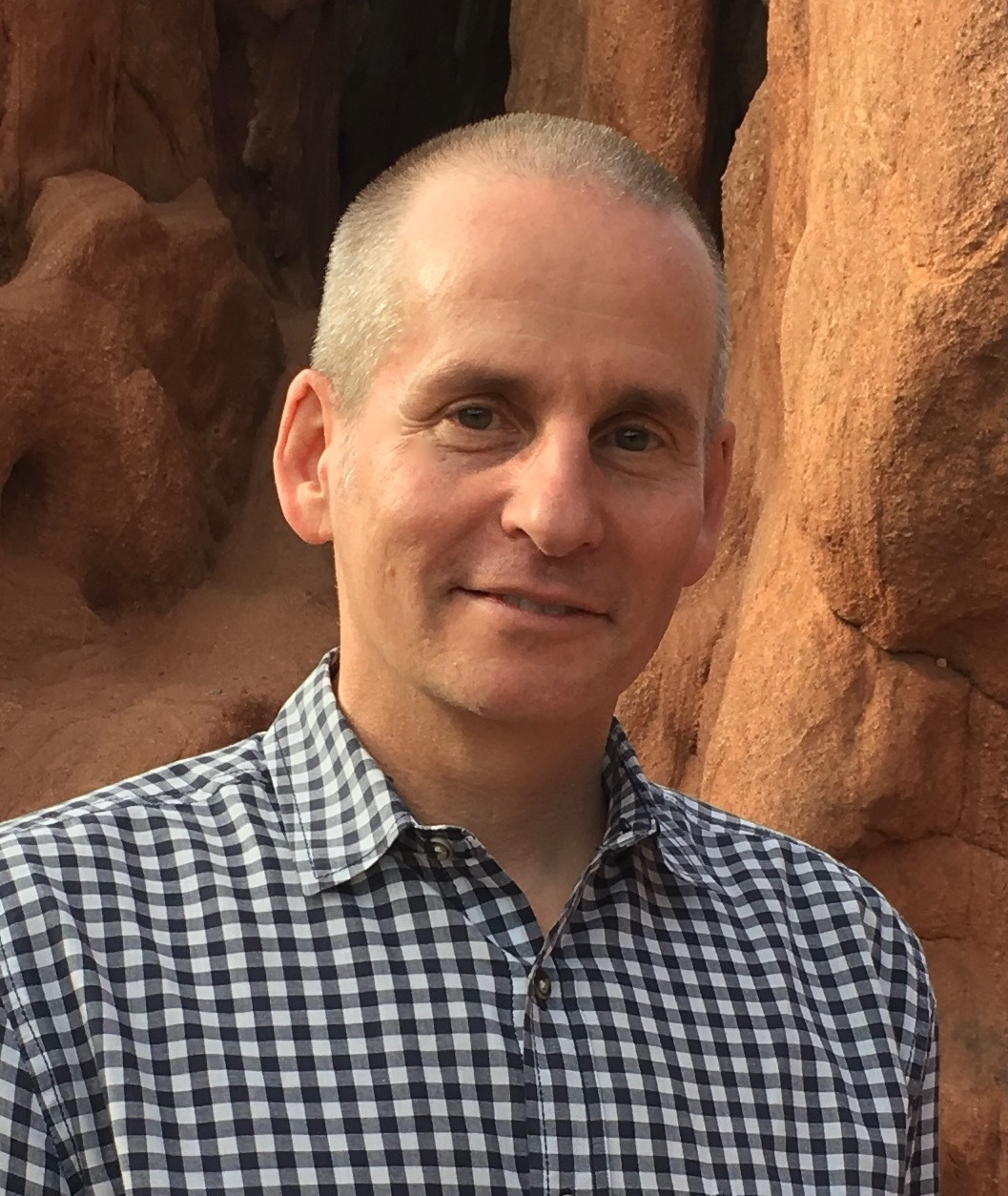Mary Jesse found it hard to catch some Z’s. After losing her husband to late-stage cancer, she was grappling with her grief. To cope, she typed ‘I am sad’ into ChatGPT and was taken aback by the compassionate response she received, which provided a bit of support when she needed it the most.
“It was such a simple interaction, really,” she reflected, “but it had a positive impact.” However, she soon discovered the chatbot wasn’t so great at recalling earlier chats, making her question its privacy standards.
Though it was a personal story she usually wouldn’t share, Jesse realized this experience could spark her next great venture.
Together with fellow tech veterans Alan Caplan and Bob Bergstrom, she recently launched a Seattle startup called ACME Brains. They’re creating a unique ‘personal context engine’ that could remember important details about users, all while keeping their data safe and private.
Their first product, nicknamed nexie, is an AI helper designed to bring back relevant info from past chats without the frustrating need for users to sift through old threads or come up with complex prompts.
Nexie is currently just a prototype, but an alpha test is underway, shortly followed by a beta program to gather user insights before hitting the public market.
The trio has a wealth of experience to lean on.
Mary Jesse is the CEO; she launched her career in the wireless industry, taking on roles at McCaw Cellular and AT&T Wireless, before co-founding RadioFrame Networks. She’s held senior positions in the startup environment and was formerly at the helm of the smart lock and security company, MTI.

Bob Bergstrom, the chief scientist, brings over 40 years of experience in software and patent law, having started in scientific research related to x-ray crystallography before focusing on IP strategy and software development.
Alan Caplan, taking the COO spot, was Amazon’s first general counsel when it was just getting off the ground, following his journey with Jesse at McCaw Cellular. His expertise spanned several departments at Amazon, including Kitchen and Payments, and he has commanded leadership positions at Blue Origin and Vulcan.

Jesse imagines nexie will function as a digital journal, travel aid, or even a simplistic relationship tracker—shaped by what the user’s needs might be. The service will offer both a free and a premium version, prioritizing user privacy over any shady ad practices common with many consumer tech firms.
While major players like OpenAI and Google are making strides in implementing memory in their AIs, Jesse and her team are straying from that pathway. They’re keeping users’ data separate from AI systems, promoting efficiency and increased security.
She doesn’t view nexie as direct competition to behemoth AI networks, instead considering it a tool for enhancing their usefulness, lending deeper meaning to the interaction.
Ultimately, Jesse envisions their technology evolving into a personal credential that could carry user-specific data across various AI platforms.
Based in Seattle, the startup has been financed by its founders so far and consists of a team of around 11 working in technology and other sectors, largely online. Jesse is hopeful nexie will have a public launch by late 2025 or early 2026, and interested users can sign up for future beta testing at mynexie.com.




















